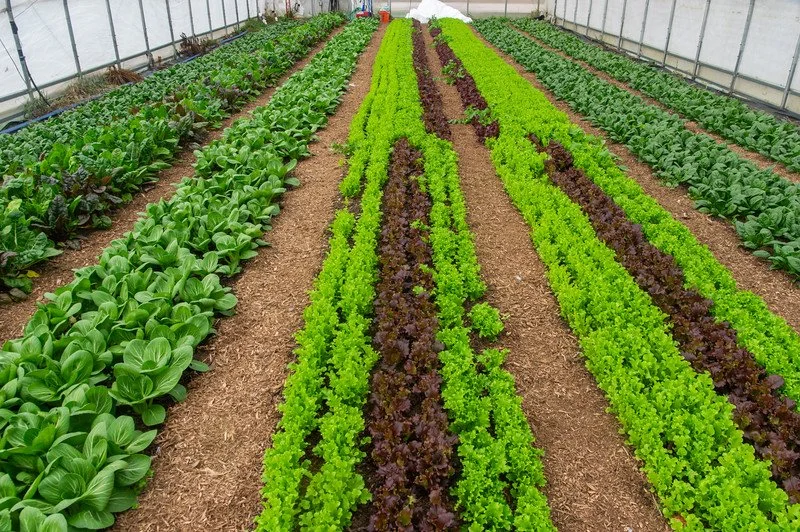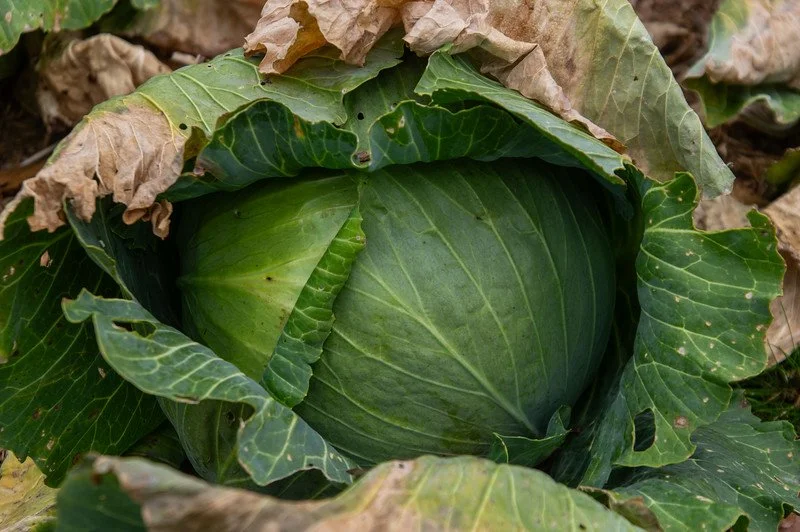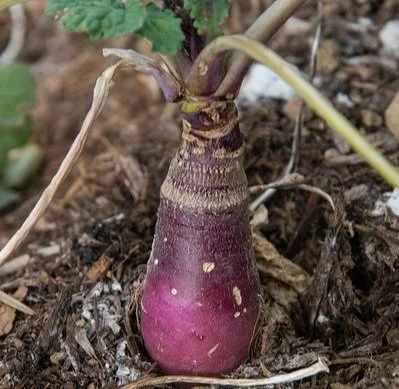3rd Week of the Fall CSA Season: Week of November 13th
head lettuce growing in the tunnel, photo by Adam Ford
This Week’s Availability
This week we will have:
Greens: baby lettuce, spinach, arugula, green curly kale, lacinato kale bunches, bok choi, green cabbage, Napa cabbage, pea shoots, mesclun mix, mini head lettuce, and brussels sprouts
Roots: carrots, yellow potatoes, rutabaga, red beets, yellow beets, chioggia beets, watermelon radish, daikon radish, Gilfeather turnip, parsnips
Alliums: onions, garlic, shallots, and leeks
Fruiting Crops: delicata squash and butternut squash
Herbs and Miscellaneous: fennel and Painted Mountain corn
bok choi, photo by Adam Ford
Farm News
This week we did a thorough weeding of the high tunnels, which was quick compared to years past, thanks to all the heavy mulch techniques we have been using, which (mostly) smother our weed seed bank. Doing that weeding now, before any have time to take over an area, will mean we look forward to pretty weed-free soil through the winter and spring. Next week we will get the leeks and cabbage from the field and stored in the root cellar. At that point, aside from some cleanup projects, and putting things away for the season, most of our outdoor farm work will be done for the fall, keeping all our attention on tunnel management.
This week it’s hard to be a human who has devoted their life to working against climate collapse. I try to keep our weekly newsletters centered on the farm, rather than the other myriad ways we all exist as humans, so feel free to skip to the pictures, but this week has been sad, and it’s hard to separate my farm thoughts from all the rest of my thoughts. There are numerous ways this week’s election is devastating for many issues and groups of people that all affect my heart, but I will just share my agricultural lens:
Farming and growing vegetables as my life’s work is inherently political. Growing up on enough reruns of Captain Planet and viewings of the Fern Gully movie made me an early environmentalist who felt like it was my unavoidable duty as a human to protect the earth. That took various forms with different types of political focus in my teens and twenties, but after college it felt like the most immediate, concrete, and impactful action (for me) was to just start feeding my community and stewarding the earth in a way that (hopefully) mitigates climate collapse. So pulling political awareness out of vegetable production isn’t really possible for this farmer.
This year our farm has benefitted in small but impactful ways from the Inflation Reduction Act: We received a small subsidy for part of the cost of our electric UTV that we use to bring in all the vegetable harvest, and we have received funding to cover part of the implementation of our scaled up mulching program that allows us to expand no- and low-till methods, build healthier soil ecosystems, and capture carbon in the soil. These are only the ways that this particular farm has taken advantage of the billions of dollars allocated for “climate smart” practices, but there are so many other programs that farms can tap into thanks to this necessary expansion of funding that (correctly) views agriculture as a potential source of climate solutions. With the Inflation Reduction Act, farms can also get support to transition to organic production, replace large gas-powered tools with electric tools, transition their fossil fuel energy sources to green energy sources, expand conservation practices, protect water and soil, conserve delicate ecosystems adjacent to farms, and expand loans and funds to help producers stay on the land they steward, to name just a few ways this law supports agriculture. With the results of this week’s election, the repeal of the Inflation Reduction Act is unfortunately a real possibility.
Our reality is that if the law were repealed, we will continue all our climate smart practices, because we were pursuing them before the federal government (finally) got around to providing a small amount of assistance, and we will obviously keep doing that work without that assistance. But it’s just a fact that most farms cannot prioritize climate-smart practices without that financial support, and we need the majority of farms to adapt climate-smart practices to make an environmental difference.
There are many ways this next administration can dangerously affect agricultural policy, but I will keep my own musings hyper focused on how that would affect Evening Song Farm for this newsletter. If you want a concise summary of other ways it can affect agricultural policy, check out this article.
If you are having hard emotions this week from the election results, I want to say that despite speaking through my narrow farmer lens, I am also deeply concerned for other issues besides the environment and agriculture, and I see you. If you are feeling good about this week’s election results, I genuinely welcome hearing from that perspective. I do strongly believe that any thriving future requires us to communicate with each other, compassionately, across our perceived divides.
Have a well nourished week,
-ESF Team: Ryan, Kara, K2, Cindy, Galen, Katie, Taylor, Vanessa, Bryan, Leah, and Natalie (and Sky and Soraya)
greens in one of the tunnels, photo by Adam Ford
growing beautifully, photo by Adam Ford
continuing to harvest brussels sprouts, photo by Adam Ford
storage cabbage still in the field, photo by Adam Ford
next year’s strawberries, photo by Adam Ford
too small rutabaga left behind in the field, photo by Adam Ford
the radicchio didn’t head up this year, photo by Adam Ford
December lettuce, photo by Adam Ford
The propagation house project continues to go well. Ryan finished evening out the ground, and Ryan and Cindy dug a drainage trench, photo by Adam Ford
decorative gourds from this summer’s gourd tunnel, photo by Adam Ford
brussels sprouts, mini potatoes, photo by Adam Ford
next year’s weeds, photo by Adam Ford
too small fennel left behind in the field, photo by Adam Ford
beneficial flower poking up in the bok choi, photo by Adam Ford
Noel and Olaf, photo by Adam Ford
They will install the drainage, put down gravel, and a new ground cover, and then we will enjoy a workspace with less mud and fewer weeds, photo by Adam Ford


















